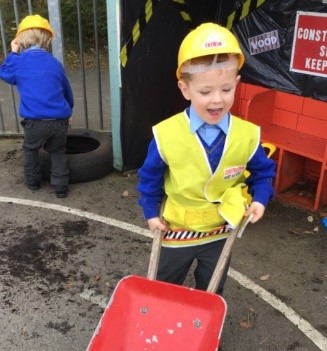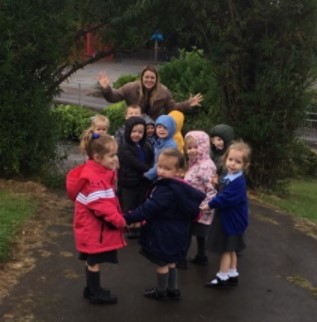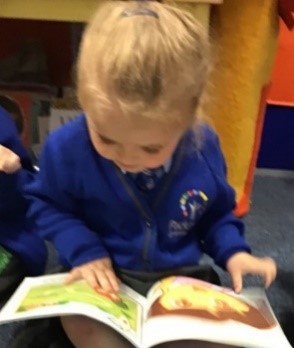EYFS Curriculum
Our nursery and reception follow the curriculum as outlined in the Early Years Foundation Stage (EYFS) document. We use this framework and the Development Matters Guidance to support our bespoke and ambitious curriculum.
The EYFS framework includes seven areas of learning and development, all of which are seen as important and interconnected. Three of the areas are referred to as the prime areas. These are particularly important for building a foundation for igniting children’s curiosity and enthusiasm for learning, forming relationships and thriving. The prime areas are strengthened and applied through the further four areas which are referred to as the specific areas.
We enrich the Early Years Framework with our ‘aspirational curriculum’ to enhance the experience and opportunities available to the children. This includes special events and celebrations, memorable experiences, themes selected to drive the curriculum and the PSHE snakes’ scheme. Our teaching of synthetic phonics is based on the Read Write Inc scheme and our teaching of mathematics is guided by the White Rose Maths Hub.
We recognise that every child is unique and that they develop and learn in different ways and at varying rates. We want all of our children to develop a positive attitude to learning and therefore we strive for our children to become curious, resilient and self-assured in order to prepare them for the next stage of education, laying secure foundations for future learning and development.


